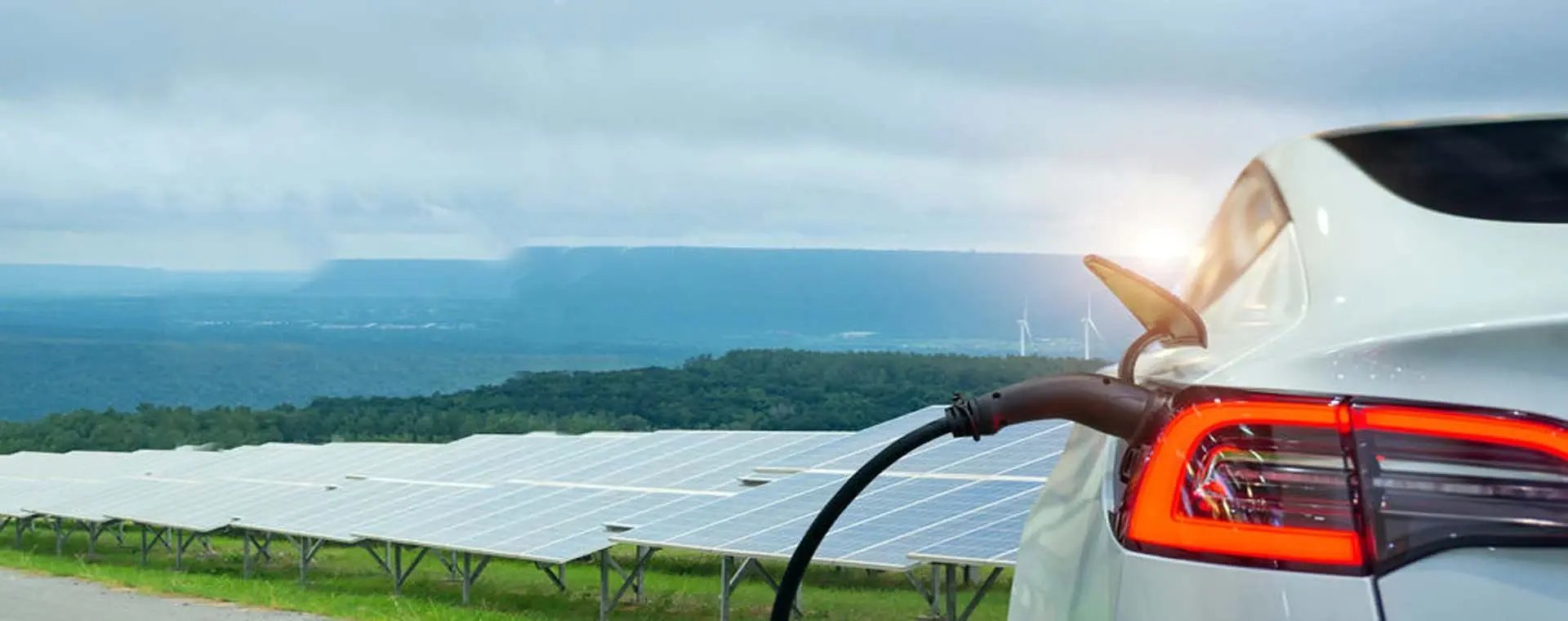
The Future of Electric Vehicles (EVs) in India
the future of electric vehicles in India is poised for a transformational journey. With supportive government policies, advancing technology, and growing consumer interest, EVs are set to redefine the automotive landscape in the country. While challenges remain, the collective efforts of policymakers, industry players, and consumers are steering India towards a greener, cleaner, and more sustainable future on wheels. As we look forward, the electric vehicle revolution in India promises not just a shift in transportation but a leap towards a cleaner environment and energy independence.
newspider
7/12/20242 min read


The Future of Electric Vehicles (EVs) in India: A Revolution on Wheels
In recent years, India has witnessed a burgeoning interest and adoption of electric vehicles (EVs), marking a significant shift towards sustainable and environmentally-friendly transportation. This movement is not just a trend but a necessity driven by concerns over air quality, energy security, and the global commitment to reduce carbon emissions.
Current Landscape
India, one of the world's largest automobile markets, has set ambitious targets to electrify its fleet. Initiatives such as the Faster Adoption and Manufacturing of Hybrid and Electric Vehicles (FAME) scheme have been pivotal in incentivizing EV adoption, supporting infrastructure development, and promoting indigenous manufacturing. Companies ranging from startups to established giants are investing heavily in EV technology, sensing the potential of a growing market.
Challenges and Solutions
Despite the enthusiasm, several challenges need addressing for EVs to become mainstream in India:
1. Infrastructure: The charging infrastructure remains sparse outside major cities. Addressing this requires significant investment in charging stations, both in urban and rural areas.
2. Affordability: EVs currently tend to be more expensive than conventional vehicles due to battery costs. Incentives and subsidies are crucial to bridge this gap and make EVs more accessible.
3. Range Anxiety: Concerns over the range of EVs on a single charge persist. Advances in battery technology, including faster-charging capabilities and longer ranges, are critical to alleviating this issue.
4. Consumer Awareness: Many potential buyers are still unfamiliar with EV technology and its benefits. Awareness campaigns and education about the lower operational costs, reduced maintenance, and environmental advantages are essential.
Government Initiatives
The Indian government has been proactive in promoting EV adoption through policy interventions and regulatory support:
- FAME Scheme: Subsidies on EV purchases and incentives for manufacturers.
- GST Reduction: Reduced Goods and Services Tax (GST) rates on EVs.
- Battery Swapping Policy: Encouraging battery swapping stations to reduce charging time and cost.
- Local Manufacturing Incentives: Encouraging local production of EVs and components to boost employment and reduce dependency on imports.
Future Outlook
Looking ahead, the future of EVs in India appears promising:
1. Technology Advancements: Continued research and development in battery technology will enhance performance and reduce costs, making EVs more competitive.
2. Market Expansion: Increasing consumer awareness and a wider range of EV models will drive adoption across different segments of society.
3. Infrastructure Growth: Rapid expansion of charging infrastructure, including fast-charging networks along highways and in urban areas.
4. Policy Support: Persistent government incentives and policies will sustain growth and attract investments in the EV ecosystem.
Conclusion
In conclusion, the future of electric vehicles in India is poised for a transformational journey. With supportive government policies, advancing technology, and growing consumer interest, EVs are set to redefine the automotive landscape in the country. While challenges remain, the collective efforts of policymakers, industry players, and consumers are steering India towards a greener, cleaner, and more sustainable future on wheels. As we look forward, the electric vehicle revolution in India promises not just a shift in transportation but a leap towards a cleaner environment and energy independence.
